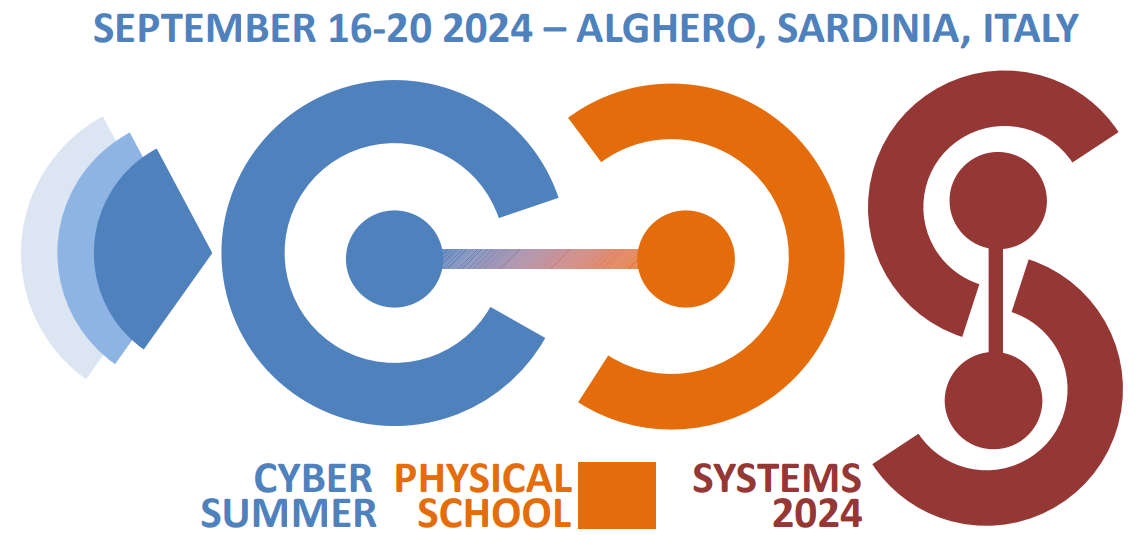Giovanni Pruneddu
The emergence of new technologies leads to the creation of services that allow new opportunities for our economy and society, but also raises some legal important questions. Today, several different types of devices (for example, drones, robots, sensors, wearable devices, etc.) are collecting, storing, processing and transmitting huge amounts of data.
Data resulting from the use of such technology could lead to consequences for individual privacy since a large amount of this data is often personal in nature. Issues of data security are of importance when such technology is used, particularly when considering liability for failure of performance and data loss. With traditional products, liability has normally fallen to the manufacturer and service provider, but considering that smart devices are often an aggregation of software from a variety of vendors, determining liability is more difficult than ever. This lecture will deal with the legal framework connected to the smart devices from a European law perspective, taking into account existing laws and in light of the new European General Data Protection Regulation, also known as GDPR.
Data resulting from the use of such technology could lead to consequences for individual privacy since a large amount of this data is often personal in nature. Issues of data security are of importance when such technology is used, particularly when considering liability for failure of performance and data loss. With traditional products, liability has normally fallen to the manufacturer and service provider, but considering that smart devices are often an aggregation of software from a variety of vendors, determining liability is more difficult than ever. This lecture will deal with the legal framework connected to the smart devices from a European law perspective, taking into account existing laws and in light of the new European General Data Protection Regulation, also known as GDPR.

